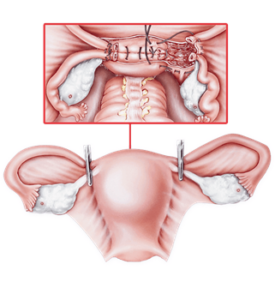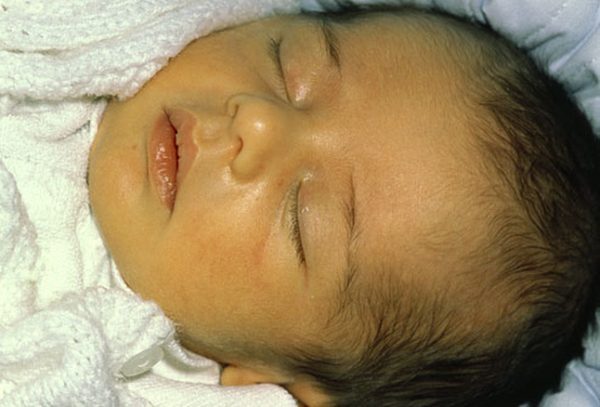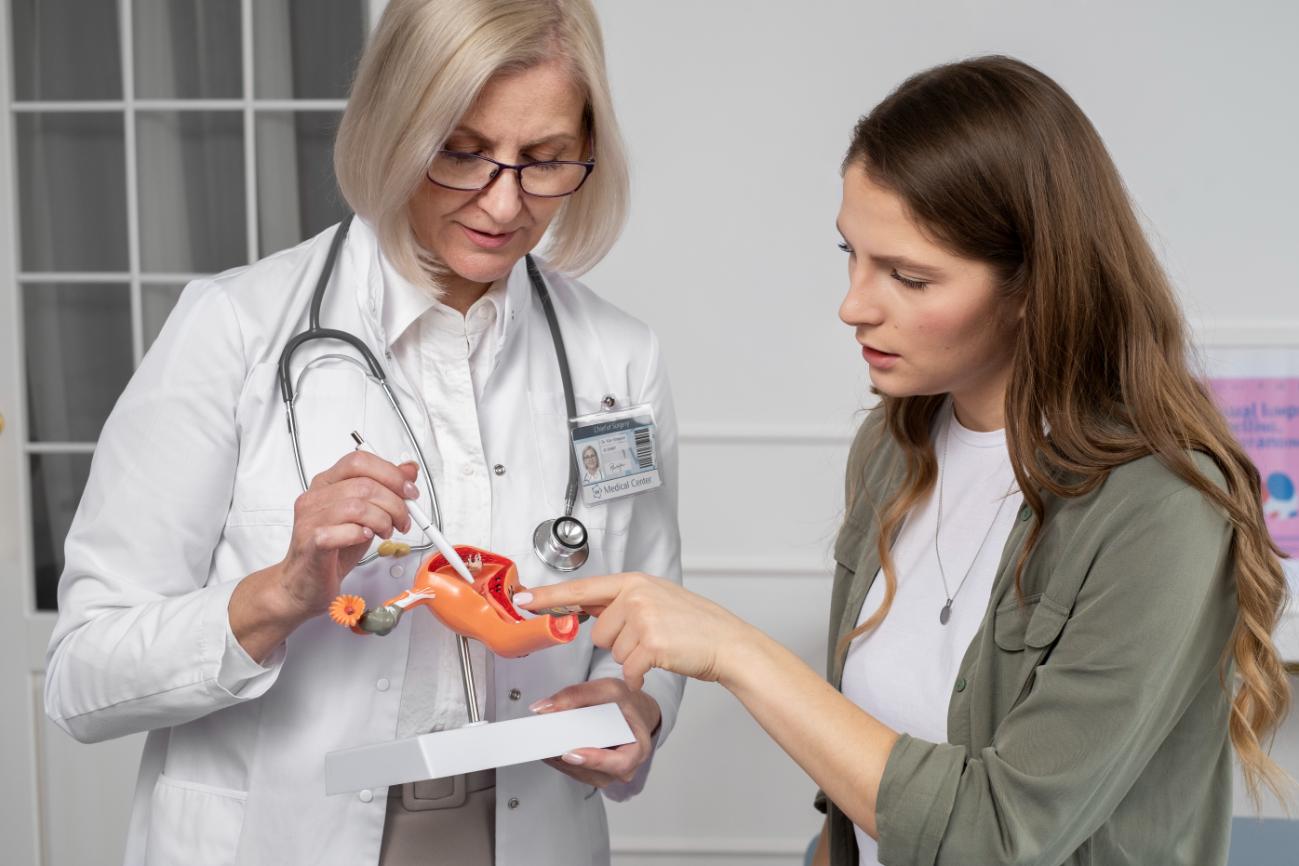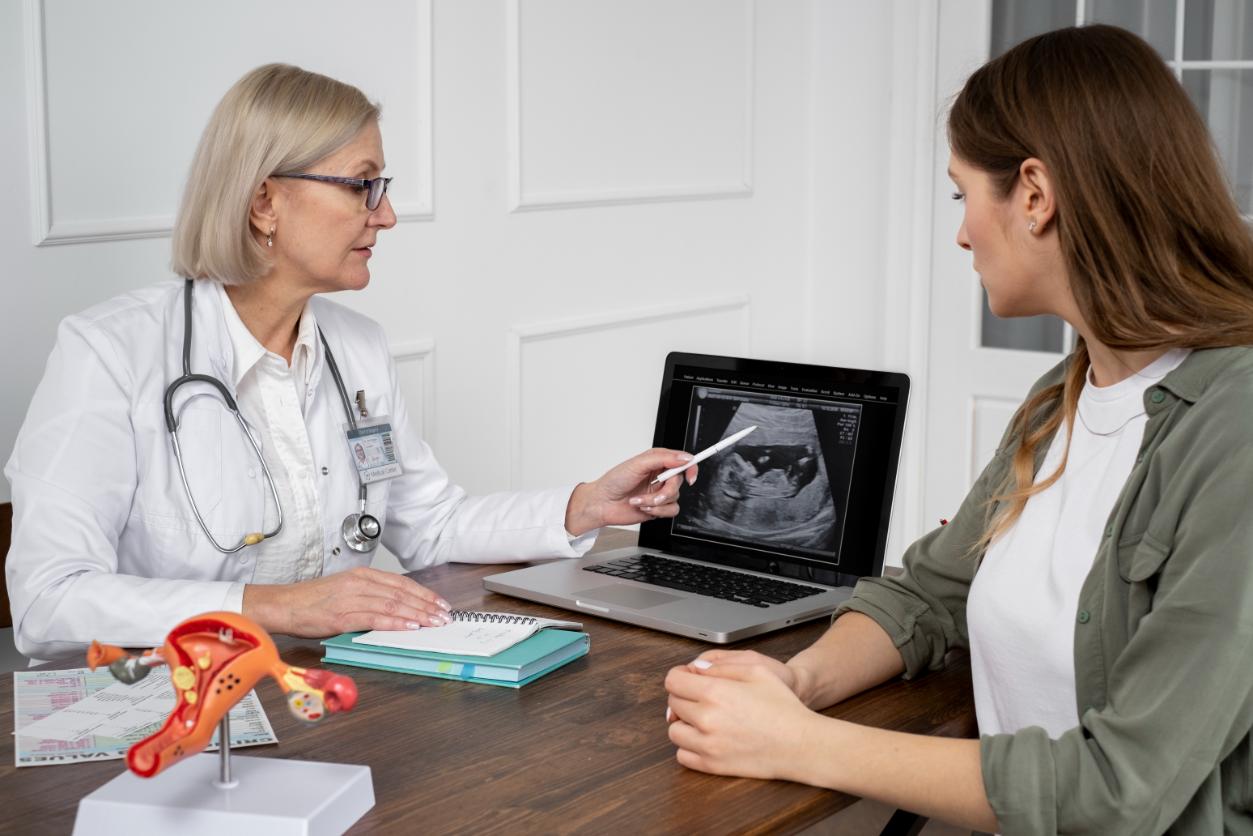
Recovery from hysterectomy mainly depends on what type of hysterectomy was performed. Recovery is usually faster and easier in the case of laparoscopic or vaginal hysterectomy, around 2 to 4 weeks. It is longer in the case of an abdominal hysterectomy, around 6 to 8 weeks.
Recovery after hysterectomy also depends on whether a concomitant oophorectomy was performed to remove the ovaries.
What to expect during recovery?
- You will experience some pain and a feeling of tiredness, which is normal and expected.
- You will be prescribed pain medication, along with antibiotics and anti-emetics, if you develop nausea or vomiting from the anesthesia.
- Postoperatively, there will be dressings over the incision site, a catheter attached to your urethra to drain urine from the urinary bladder into a bag, an IV line inserted in your arm, surgical drains placed in your abdomen to help drain blood and exudate from the incision site (if you had an abdominal hysterectomy), and a gauze pack inserted into your vagina to minimize the risk of bleeding (if you had a vaginal hysterectomy).
- You are encouraged to take a small walk 24 hours after the surgery to get the blood flowing in your legs and reduce the risk of blood clots in the legs (also called deep vein thrombosis).
- You will be advised some exercises to help with mobility and pelvic floor muscle exercises to aid in your recovery.
- The hospital stay depends on the type of hysterectomy performed. For abdominal hysterectomy, you can be in the hospital for upto 5 days, whereas for a vaginal hysterectomy, you can be discharged within 1 to 4 days postoperatively.
- Any stitches that need to be removed can be removed 5 to 7 days postoperatively.
- If your job does not involve manual labor or heavy lifting, you can return to work after 4 to 6 weeks
- You can resume driving around 2 weeks post surgery, once you are no longer taking any pain medication and feel confident to drive.
- You should not lift any heavy object for 4 to 6 weeks. You should give your abdominal muscles enough time to recover. Walking is a good exercise during recovery, but you should listen to your body and rest if you feel tired.
- You should not put anything into the vagina for 4 to 6 weeks. Sex is not recommended for 4 to 6 weeks post surgery.
Physical changes after hysterectomy
- Your periods will stop post hysterectomy. There may be light bleeding or discharge for upto 6 weeks.
- If the ovaries are spared during hysterectomy, you would not experience any hormone-related side effects, but menopause may set in earlier.
- If both the ovaries are removed during hysterectomy before menopause, you will expreience menopause-related symptoms like hot flushes, bloating, mood swings, depression, night sweats, etc. You will be placed on hormone-replacement therapy (HRT) for the same.
Emotional changes after hysterectomy
- One can experience a wide range of emotions postoperatively. In the case of women who are perimenopausal and suffering from abnormal bleeding or fibroids, they feel relieved when they get a permanent solution for their problems.
- Although women of reproductive age who undergo hysterectomy due to cancer experience a sense of loss, guilt, or depression.
Consult your doctor if you experience such emotional changes and get help, or join a support group.
When to see the doctor?
Follow-up appointments are usually scheduled 4 to 6 weeks post surgery. However, you should consult your doctor immediately in any of the following conditions:
- Fever greater than 100F
- Redness, swelling, tenderness, opening or any discharge from the incision site
- Abnormal or heavy bleeding from the vagina
- Excessive pain that is not relieved by pain medication
- Nausea, vomiting
- Foul odour from the vagina
- Prolonged diarrhea or constipation despite taking medication for the same
- No bowel movement for upto 5 days
- Increased frequency of urination, or painful urination, or inability to urinate
- Chest pain, shortness of breath, palpitations, calf pain
These conditions are life-threatening and should be addressed immediately. You should go to the emergency room and get these checked.
Here’s where you can reach us for appointments or for answers to all your pregnancy related questions
http://www.kjkhospital.com/contact-us/
Phone Numbers: 0471-2544080, 2544706
Email: kjkqueries@gmail.com
Subscribe to KJK Hospital YouTube Channel and stay updated with the latest in Pregnancy and Infertility.





